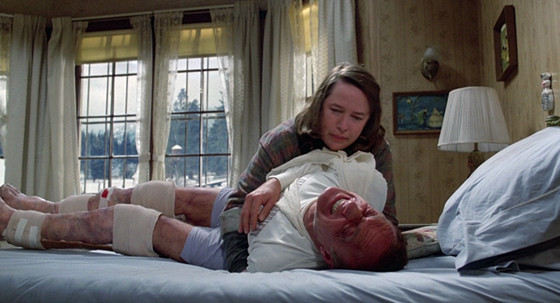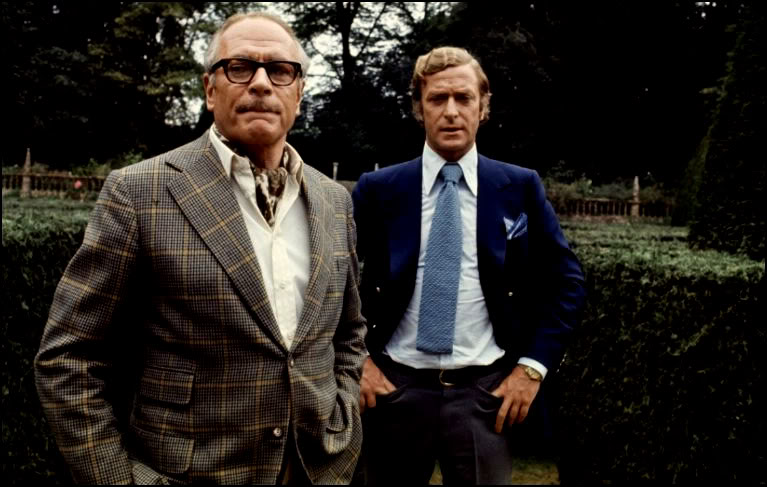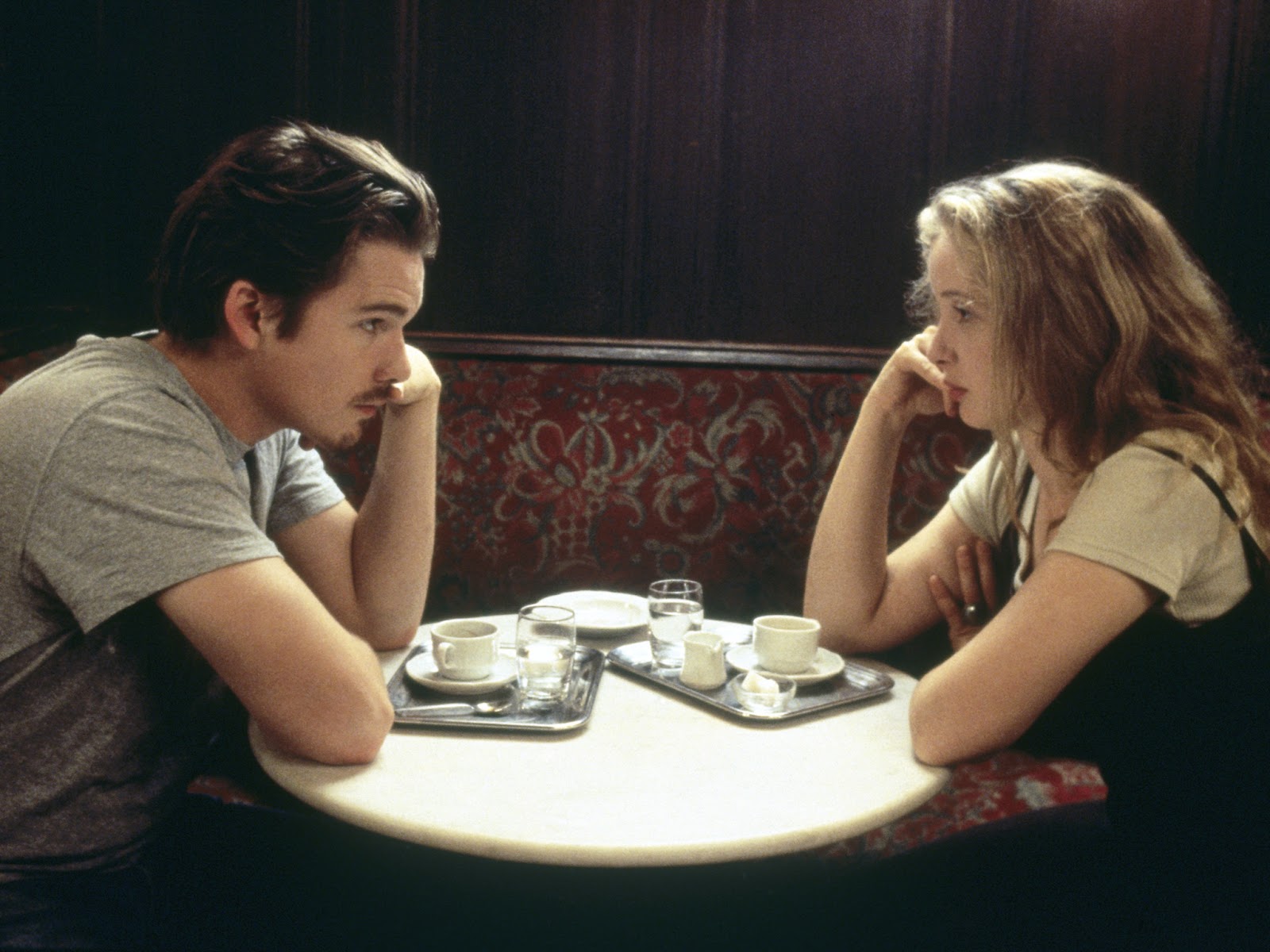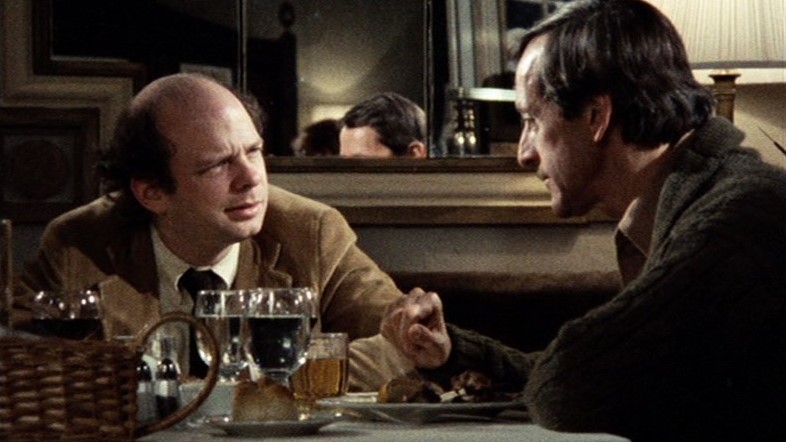5. Antichrist

The best films about grief are those that aren’t afraid to show the raw reality of loss. Antichrist takes this one step further by almost literally stripping the two grief-stricken parents at its center raw.
Willem DaFoe and Charlotte Gainsbourg star as a couple whose son dies by falling out of a window while they are making love. This throws them both, particularly Gainsbourg, into a severe, apocalyptic depression that the film explores with brutal imagery and symbolism, climaxing in one of the most extreme scenes of self-mutilation in the history of cinema.
As with many Lars von Trier films, Antichrist is not an easy watch, but the actors handle the material well and you’re guaranteed to walk away feeling as though you just saw something truly unique.
4. Misery

Misery is every celebrity’s worst nightmare come to life, the film that made the phrase “I’m your biggest fan,” sound more sinister than a threat, with performances so strong it made Academy voters finally recognize how brilliant horror acting can be.
The majority of Misery is focused on just two characters, James Caan as a writer who is injured in a car accident and Kathy Bates as his self-proclaimed “biggest fan” who recuses him and then holds him hostage in her remote cabin. The tension is expertly crafted between these two and slowly simmers for the majority of the movie, only breaking when Bates explodes in bouts of vicious anger with no warning.
The most suspenseful parts of horror films are when the killer and their victim are isolated in a cat-and-mouse game, and that’s what we get for the entirety of Misery. While both actors are excellent, Bates’ Oscar-winning performance goes down in history as one of the most terrifying in memory and is what makes this film so exceptional.
3. Sleuth

Take two of the greatest actors of their generation and pit them against each other in a fascinating thriller and it’s practically impossible to make a bad film.
Sleuth stars Laurence Olivier as a writer and Michael Caine as the hairdresser who is sleeping with his wife. There are so many wonderful twists and turns in this movie (so much so that the setting itself is in a maze) that it would be impossible to talk about them all here, and I wouldn’t want to ruin them even if I could.
Olivier and Caine are perfect matches in this film that is at times both hilarious and terrifying as director Joseph L. Mankiewicz keeps you trapped inside of Olivier’s character’s vast estate with our two stars. Sleuth keeps you wondering what exactly is going on until the very last frame, with a reveal that does not disappoint. Just make sure to watch the 1972 original, which is superior to the 2002 remake starring Caine in Olivier’s original role and Jude Law as his wife’s lover.
2. Before Sunrise

Any film in Richard Linklater’s excellent “Before” trilogy, starring Julie Delpy and Ethan Hawke, could have easily made it onto this list, but let’s go with the one that started it all. The premise is simple, two young travellers meet on a train and decide to spend the day exploring together, slowly learning more about each other and developing a connection, all the while knowing they will only have one night together.
The success of the Before films can mostly be attributed to the chemistry between Delpy and Hawke, who deliver the dialogue so smoothly you feel as though you are truly watching too strangers fall in love. What also sets this film apart is its realism, the dialogue isn’t always profound and perfect, but neither is real conversation (especially between two 20-somethings trying to impress each other) and it makes the film all more relatable.
1. My Dinner With Andre

Roger Ebert once wrote that he was asked by a friend to name a film that manages to avoid all cliches, and after some thought he responded “My Dinner With Andre.” Out of all the films on this list, this may be the truest example of a movie that relies entirely on dialogue between just two characters.
The film follows two actors, Wallace Shawn and Andre Gregory, as they have a long conversation about the nature of life over the course of dinner. Directed by famed French visionary Louis Malle, the film has been hailed as one of the best examples of how superior dialogue can elevate even the barest of plots.
While it seems like it could have been shot over the course of an evening, the movie actually took weeks to craft, with Shawn and Gregory spending night after night talking and then crafting their long conversations into a sort-of script. The result is enthralling, completely natural dialogue, the likes of which has yet to be seen again in modern cinema.